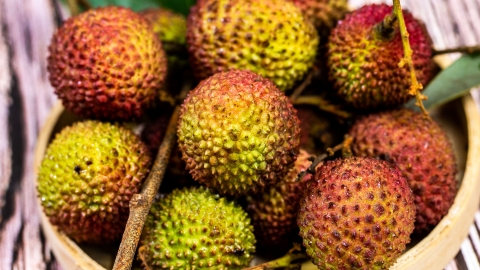What fruits should patients with thyroid abnormalities avoid eating?
Patients with thyroid abnormalities should pay attention to certain fruits, such as durian, lychee, mango, banana, and persimmon. Detailed explanations are as follows:

1. Durian: Durian contains high levels of calories and sugar, as well as a certain amount of iodine. Patients with hyperthyroidism need to limit their iodine intake, as excessive consumption may worsen symptoms of thyroid overactivity.
2. Lychee: Lychee has a very high sugar content, and excessive consumption may cause significant fluctuations in blood glucose levels. For patients with thyroid abnormalities who also have blood sugar issues, or for those with hypothyroidism leading to slowed metabolism, this may be particularly concerning.
3. Mango: Mango is a tropical fruit, and some patients with thyroid abnormalities may be allergic to it. Consumption may lead to symptoms such as skin itching and rashes, which can affect overall physical condition.
4. Banana: Bananas are high in potassium. Hypothyroidism may be accompanied by electrolyte imbalance, and excessive potassium intake could burden the heart and kidneys; consumption should be adjusted according to individual electrolyte levels.
5. Persimmon: Persimmons contain high levels of tannic acid. Eating them on an empty stomach or consuming excessive amounts may lead to the formation of gastric persimmon stones when the tannic acid combines with proteins in the body, thus affecting digestive function.
At the same time, maintaining a balanced diet is important. Avoid long-term or excessive consumption of any single type of fruit to ensure stable nutrient intake.




